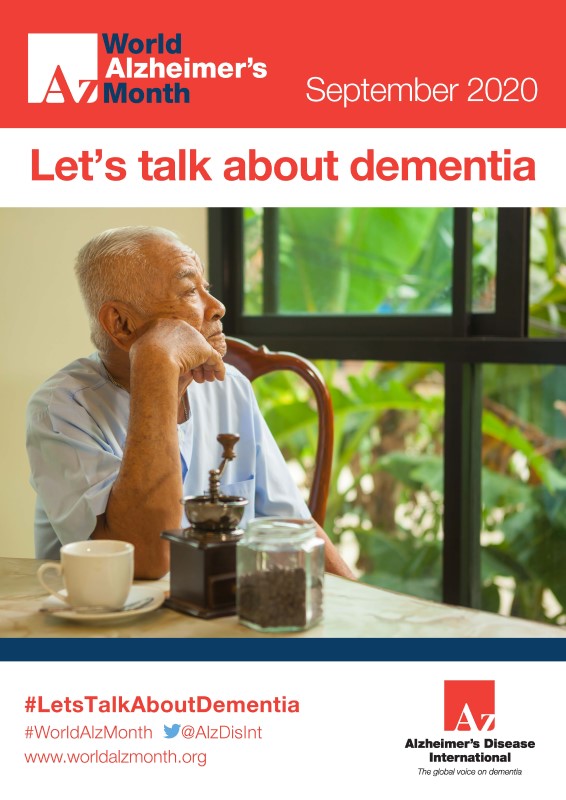It’s World Alzheimer’s Month and The Caregiver’s Voice has excerpted articles for busy caregivers for people with dementia.
TIPS for In-Home Modifications for Busy Caregivers
Most of us prefer to live at home and to age in place. Julia Weaver offers room-by-room tips (bathroom, living room, kitchen and more to aid in mobility). Tips for the kitchen include installing a hands-free faucet (good especially now for our COVID-conscious climate) and an anti-scald device. Outside the home, practical tips include using low-maintenance materials such as vinyl siding and metal roofing. Tips go beyond home modifications to how to pay for them and create a support system for services including assistive-technology tips.

Legal and Financial Planning for Alzheimer’s
“It is important to begin legal planning [when caring for a person] diagnosed with Alzheimer’s or other forms of dementia as early as possible.” Planning includes managing bank accounts, applying for Social Security benefits, and discussing care options. Even though most people want to live at home, there are those who do not want to be a burden to their children and opt for in-home or residential care. This article features convenient links to multiple subjects for caregivers to help plan with and for loved ones with Alzheimer’s and other forms of dementia. It also includes eligibility for various benefits.
Raising Dementia Awareness for World Alzheimer’s Month
 The theme of this year’s campaign is ‘Let’s Talk About Dementia,’ with the aim of raising global awareness of dementia and challenging the stigma that continues, globally… highlighting the importance of dialogue when discussing dementia, especially during these unprecedented times. Get involved. Help spread awareness.
The theme of this year’s campaign is ‘Let’s Talk About Dementia,’ with the aim of raising global awareness of dementia and challenging the stigma that continues, globally… highlighting the importance of dialogue when discussing dementia, especially during these unprecedented times. Get involved. Help spread awareness.
When Self-Compassion becomes Self-Sabotage
While we do need to treat ourselves with kindness and alleviate suffering, we need to also make sure we’re not losing momentum in getting things done, only to feel even more stress. Tips to finding the right balance for our unique needs begins with being very honest with ourselves. We need to listen to the stories we’re telling ourselves.
Common Medications May Lead to Cognitive Decline
[6/25/2024 TCV Update: The URL to this Healthday article is no longer available] “People on anticholinergics were more likely to develop mild cognitive impairment… Many medications sold for allergies, colds and coughs have anticholinergic properties… certain prescription drugs for depression, high blood pressure, Parkinson’s disease and schizophrenia have anticholinergic properties, as do medications for overactive bladder and urinary incontinence.”








